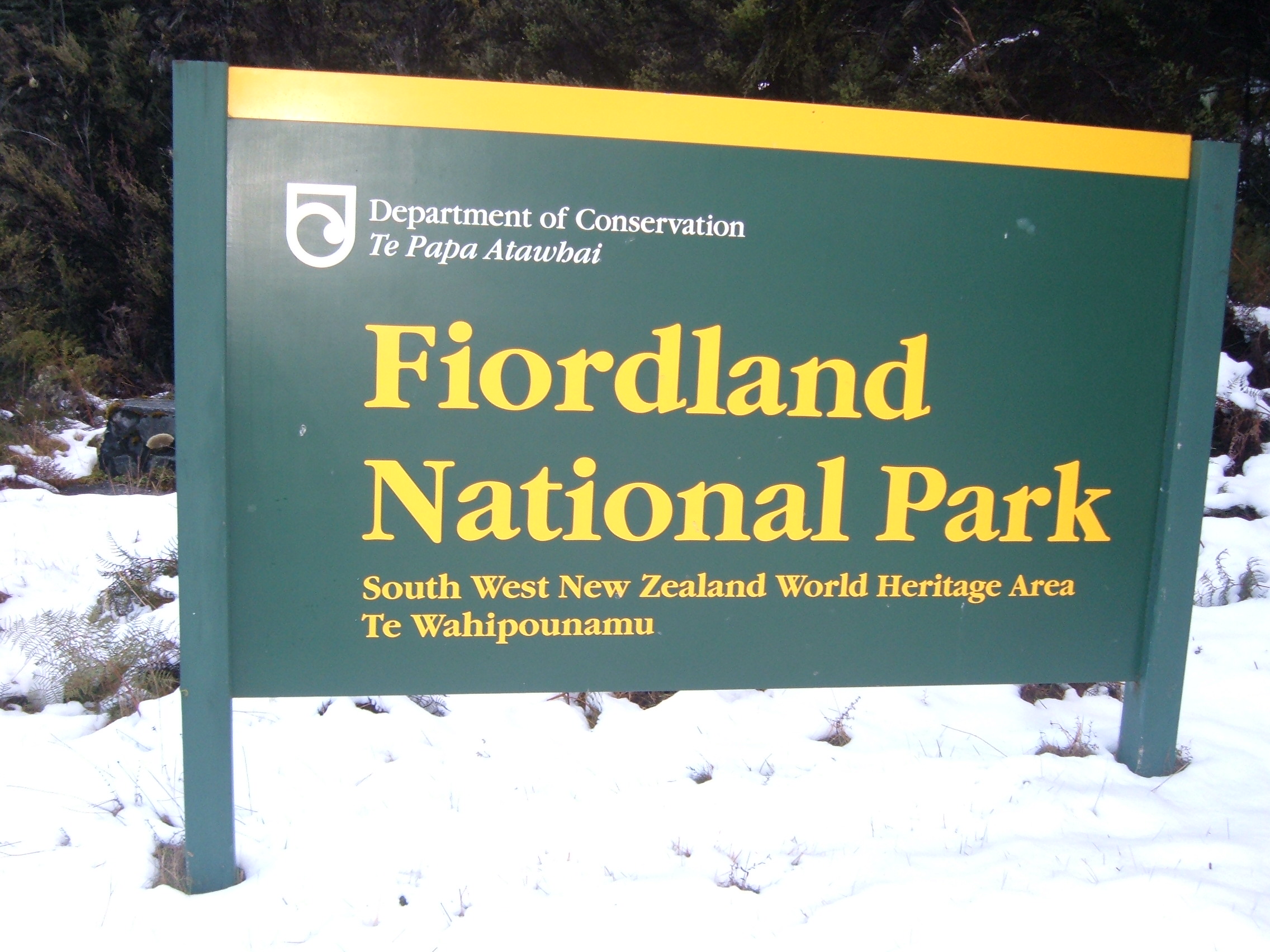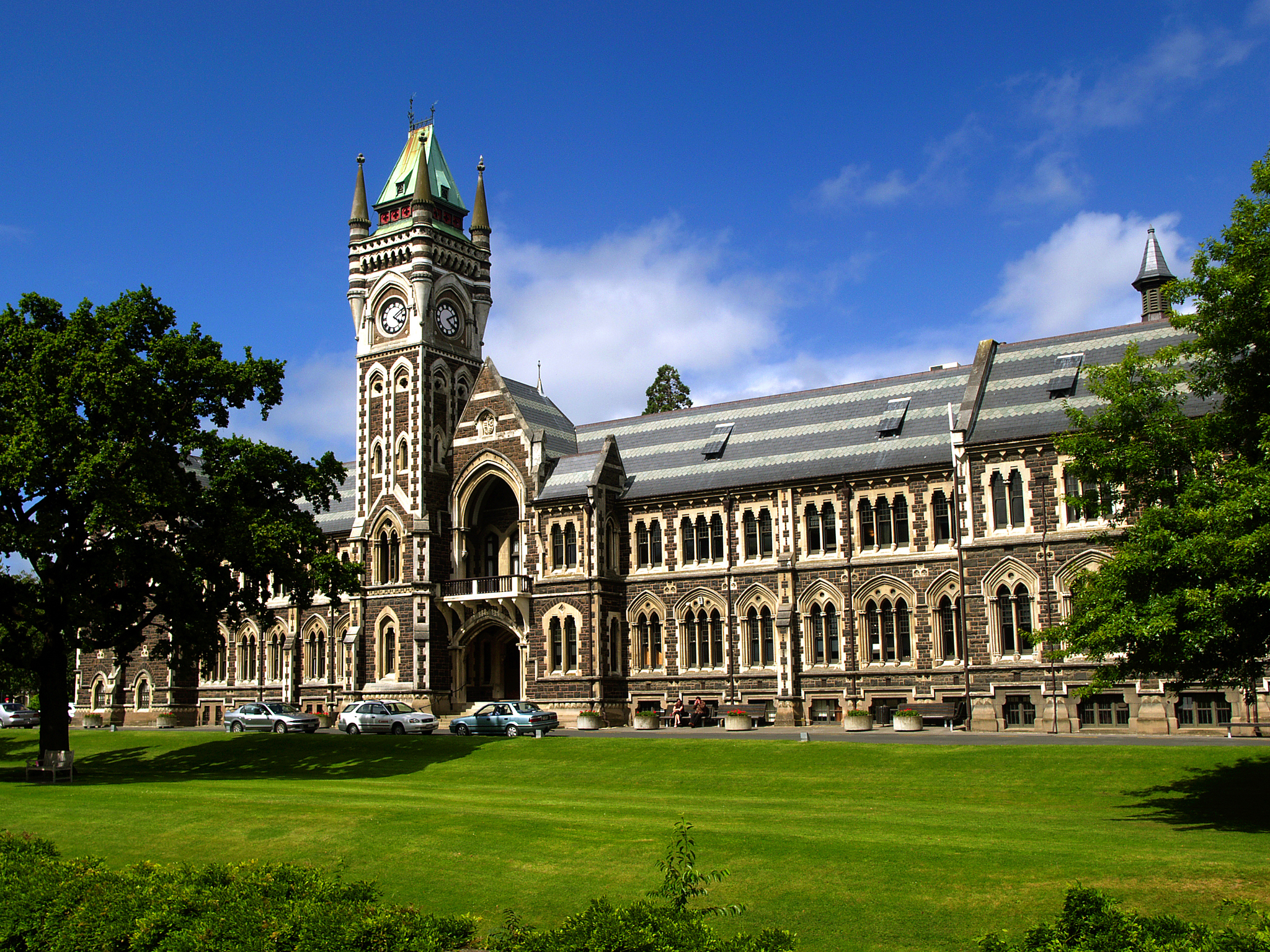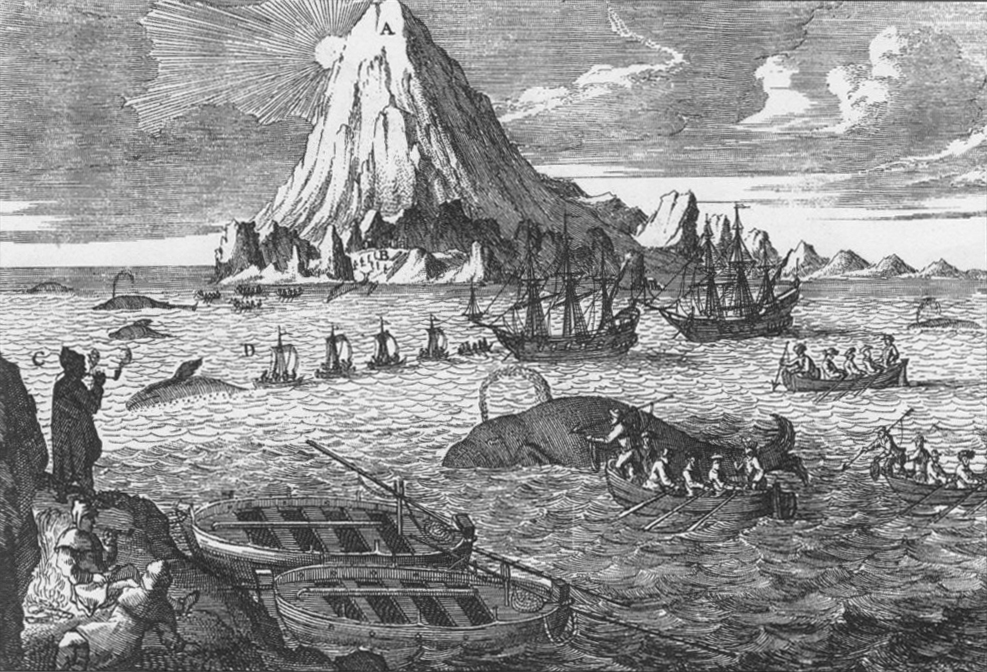|
Harington Point
The settlement of Harington Point (often incorrectly spelt ''Harrington Point'') lies within the boundaries of the city of Dunedin, New Zealand. It is located at the Otago Heads, at the northeastern end of Otago Peninsula, close to the entrance of Otago Harbour. The mouth of the harbour is at its narrowest at Harington Point, only some separating the point from the mudflats at Aramoana on the opposing coast. Harington Point is located between Taiaroa Head, the site of the only mainland royal albatross colony in the world, and Te Rauone beach, historically known for its many sand dunes, which have been restored after they were eroded. Restoration was a collaborative effort and there are new amenities. https://www.dunedin.govt.nz/council/council-projects/te-rauone-reserve-redevelopment-project The settlement can be reached via a 45-minute drive from Dunedin City on sealed roads, and is also serviced 7 days per week by a regular bus service taking 60 minutes from the city center ... [...More Info...] [...Related Items...] OR: [Wikipedia] [Google] [Baidu] [Amazon] |
Weller Brothers
The Weller brothers, Englishmen of Sydney, Australia, and Otago, New Zealand, were the founders of a whaling station on Otago Harbour and New Zealand's most substantial merchant traders in the 1830s. Immigration Members of a wealthy land-owning family from Folkestone, Kent, they moved serially to Australia, partly to alleviate Joseph Brooks Weller's tuberculosis. Joseph Brooks left England on 20 October 1823. He arrived in Hobart on 4 February 1824 and then went to Sydney. After 18 months he returned to England, and left there for good on 1 January 1827 accompanied by Edward. In the meantime George had already left England and arrived in Australia in March 1826, where he bought a 479 ton vessel, the ''Albion'' By 1830 Joseph Brooks, Edward, George and his new wife, Elizabeth (formerly Barwise), their parents, Joseph (1766–1857) and Mary (née Brooks) (b.1779), and two sisters, Fanny (1812–1896) and Ann (1822–1887), were all in Sydney. The brothers became involved in whal ... [...More Info...] [...Related Items...] OR: [Wikipedia] [Google] [Baidu] [Amazon] |
Localities In The Dunedin City Territory
Locality may refer to: * Locality, a historical named location or place in Canada * Locality (association), an association of community regeneration organizations in England * Locality (linguistics) * Locality (settlement) * Suburbs and localities (Australia), in which a locality is a geographic subdivision in rural areas of Australia Science * Locality (astronomy) * Locality of reference, in computer science * Locality (statistics) * Principle of locality, in physics See also * Local (other) Local may refer to: Geography and transportation * Local (train), a train serving local traffic demand * Local, Missouri, a community in the United States Arts, entertainment, and media * ''Local'' (comics), a limited series comic book by Bria ... * Type locality (other) {{disambiguation ... [...More Info...] [...Related Items...] OR: [Wikipedia] [Google] [Baidu] [Amazon] |
Coastal Fortifications Of New Zealand
Coastal fortifications were constructed in New Zealand in two main waves: around 1885 as a response to fears of an attack by Russia, and in World War II due to fears of invasion by the Japanese. The fortifications were built from British designs adapted to New Zealand conditions. They typically included gun emplacements, pill boxes, fire control or observation posts, camouflage strategies, underground bunkers, sometimes with interconnected tunnels, containing magazines, supply and plotting rooms and protected engine rooms supplying power to the gun turrets and searchlights. There were also kitchens, barracks, and officer and NCO quarters. The "Russian Scare" forts of 1885 In the 1870s New Zealand was a young self-governing colony of Britain. It had developed no coastal defences of any consequence and was becoming increasingly sensitive to how vulnerable its harbours were to attack by a hostile power or opportunistic raider. Fears of invasion by the expanding Russian Empire were ... [...More Info...] [...Related Items...] OR: [Wikipedia] [Google] [Baidu] [Amazon] |
World War II
World War II or the Second World War (1 September 1939 – 2 September 1945) was a World war, global conflict between two coalitions: the Allies of World War II, Allies and the Axis powers. World War II by country, Nearly all of the world's countries participated, with many nations mobilising all resources in pursuit of total war. Tanks in World War II, Tanks and Air warfare of World War II, aircraft played major roles, enabling the strategic bombing of cities and delivery of the Atomic bombings of Hiroshima and Nagasaki, first and only nuclear weapons ever used in war. World War II is the List of wars by death toll, deadliest conflict in history, causing World War II casualties, the death of 70 to 85 million people, more than half of whom were civilians. Millions died in genocides, including the Holocaust, and by massacres, starvation, and disease. After the Allied victory, Allied-occupied Germany, Germany, Allied-occupied Austria, Austria, Occupation of Japan, Japan, a ... [...More Info...] [...Related Items...] OR: [Wikipedia] [Google] [Baidu] [Amazon] |
Otago Daily Times
The ''Otago Daily Times'' (''ODT'') is a newspaper published by Allied Press Ltd in Dunedin, New Zealand. The ''ODT'' is one of the country's four main daily newspapers, serving the southern South Island with a circulation of around 26,000 and a combined print and digital annual audience of 304,000. Founded in 1861 it is New Zealand's oldest surviving daily newspaper – Christchurch's '' The Press'', six months older, was a weekly paper until March 1863. Its motto is "Optima Durant" or "Quality Endures". History Founding The ''ODT'' was founded by William H. Cutten and Julius (later Sir Julius) Vogel during the boom following the discovery of gold at the Tuapeka, the first of the Otago goldrushes. Co-founder Vogel had learnt the newspaper trade while working as a goldfields correspondent, journalist and editor in Victoria prior to immigrating to New Zealand. Vogel had arrived in Otago in early October 1861 at the age of 26 and soon took up employment at the ''Otago Colonis ... [...More Info...] [...Related Items...] OR: [Wikipedia] [Google] [Baidu] [Amazon] |
Department Of Conservation (New Zealand)
The Department of Conservation (DOC; Māori language, Māori: ''Te Papa Atawhai'') is the public service department of New Zealand charged with the conservation of New Zealand's natural and historical heritage. An advisory body, the New Zealand Conservation Authority, New Zealand Conservation Authority (NZCA) is provided to advise DOC and its ministers. In addition there are 15 conservation boards for different areas around the country that provide for interaction between DOC and the public. Functions and history Overview The department was formed on 1 April 1987, as one of several reforms of the public service, when the ''Conservation Act 1987'' was passed to integrate some functions of the Department of Lands and Survey, the New Zealand Forest Service, Forest Service and the New Zealand Wildlife Service, Wildlife Service. This act also set out the majority of the department's responsibilities and roles. As a consequence of Conservation Act all Crown land in New Zealand ... [...More Info...] [...Related Items...] OR: [Wikipedia] [Google] [Baidu] [Amazon] |
Dunedin City Council
The Dunedin City Council () is the Local government in New Zealand, local government authority for Dunedin in New Zealand. It is a Territorial authorities of New Zealand, territorial authority elected to represent the people of Dunedin. Since October 2022, the Mayor of Dunedin is Jules Radich, who succeeded Aaron Hawkins (politician), Aaron Hawkins. The council consists of a mayor who is elected at large, and 14 councillors elected at large, one of whom gets chosen as deputy-mayor. The councillors are elected under the Single Transferable Vote (STV) system in triennial elections, with the 2022 New Zealand local elections, most recent election held on 8 October 2022. Council membership 2022–present The current composition of the council is as follows: 2019–2022 During the 2019–2022 term the composition of the Council was as follows: 2016–2019 During the 2016–2019 term the composition of the Council was as follows: 2013–2016 During the 2013–2016 term, ... [...More Info...] [...Related Items...] OR: [Wikipedia] [Google] [Baidu] [Amazon] |
University Of Otago
The University of Otago () is a public university, public research university, research collegiate university based in Dunedin, Otago, New Zealand. Founded in 1869, Otago is New Zealand's oldest university and one of the oldest universities in Oceania. The university was created by a committee led by Thomas Burns (minister, born 1796), Thomas Burns, and officially established by an ordinance of the Otago Provincial Council in 1869. Between 1874 and 1961 the University of Otago was a part of the federal University of New Zealand, and issued degrees in its name. Otago is known for its vibrant student life, particularly its flatting, which is often in old houses. Otago students have a long-standing tradition of naming their flats. The nickname for Otago students, "Scarfie," comes from the habit of wearing a scarf during the cold southern winters. The nickname "Scarfie" has morphed into the nickname "Breather" in recent years. The university's graduation song, ''Gaudeamus igitur, ... [...More Info...] [...Related Items...] OR: [Wikipedia] [Google] [Baidu] [Amazon] |
Whaling
Whaling is the hunting of whales for their products such as meat and blubber, which can be turned into a type of oil that was important in the Industrial Revolution. Whaling was practiced as an organized industry as early as 875 AD. By the 16th century, it had become the principal industry in the Basque coastal regions of Spain and France. The whaling industry spread throughout the world and became very profitable in terms of trade and resources. Some regions of the world's oceans, along the animals' migration routes, had a particularly dense whale population and became targets for large concentrations of whaling ships, and the industry continued to grow well into the 20th century. The depletion of some whale species to near extinction led to the banning of whaling in many countries by 1969 and to an international cessation of whaling as an industry in the late 1980s. Archaeological evidence suggests the earliest known forms of whaling date to at least 3000 BC, practiced by the ... [...More Info...] [...Related Items...] OR: [Wikipedia] [Google] [Baidu] [Amazon] |
Otakou
Otakou ( ) is a settlement within the boundaries of the city of Dunedin, New Zealand. It is located 25 kilometres from the city centre at the eastern end of Otago Peninsula, close to the entrance of Otago Harbour. Though a small fishing village, Otakou is important in the history of Otago for several reasons. The settlement is the modern centre and traditional home of the Ōtākou (assembly) of Ngāi Tahu. In 1946 Otakou Fisheries was founded in the township; this was later to become a major part of the Otago fishing industry. History The name is thought to come from Māori words meaning either "single village" or "place of red earth". Prior to the arrival of European settlers, the place was a prominent Māori settlement, and it is still the site of Otago's most important (meeting ground). By the early 19th century, the three Māori of Ngāi Tahu, Kāti Māmoe and Waitaha had blended into a single tribal entity. The Treaty of Waitangi was signed nearby in 1840 on the ... [...More Info...] [...Related Items...] OR: [Wikipedia] [Google] [Baidu] [Amazon] |



